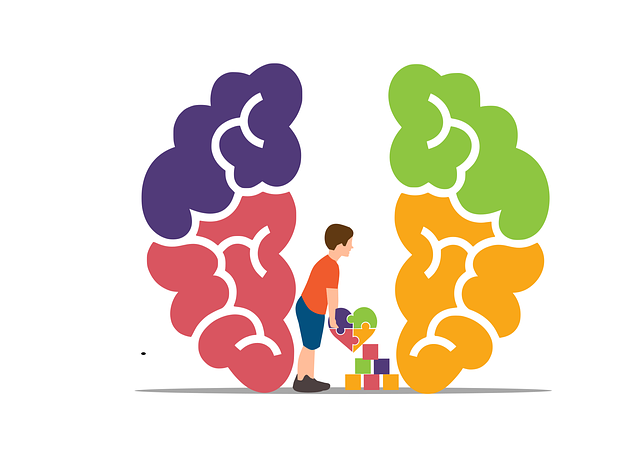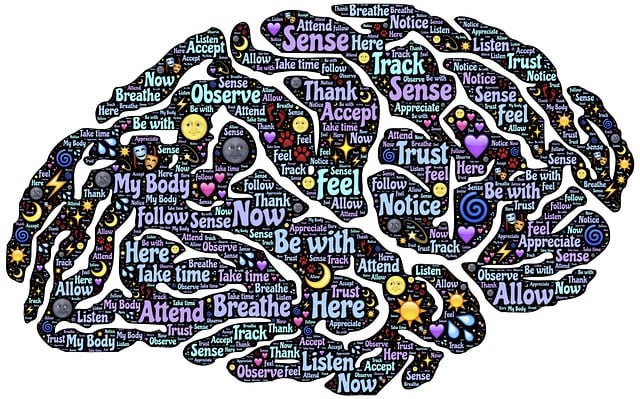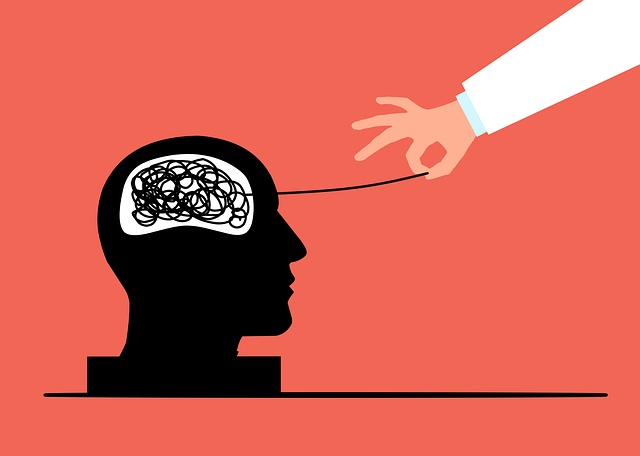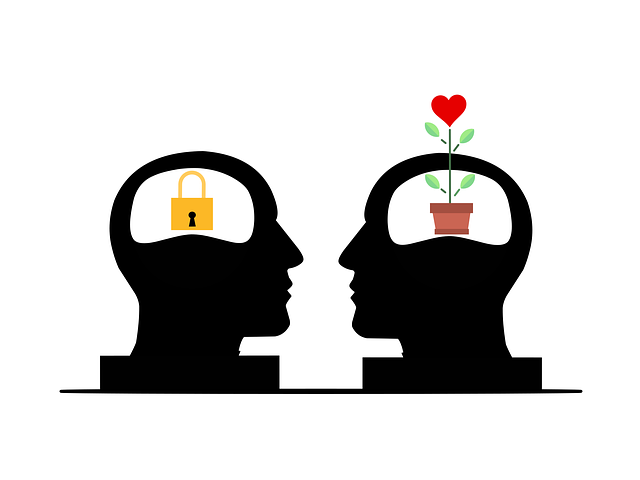Denver Somatic Experiencing (SE) Therapy is a pioneering mental health approach focusing on the mind-body connection. Through processing trapped emotions and enhancing self-care skills, it builds resilience to life's challenges. This therapy combines mindfulness meditation with somatically-based interventions, aiding clients in reconnecting with their bodies' healing responses. The Community Outreach Program and Mental Wellness Podcast Series further extend its benefits, offering accessible support and education to the community. By identifying stressors, practicing tailored coping techniques, and integrating them into daily life, individuals can improve stress management, reduce anxiety, and foster overall mental wellness.
Coping skills are essential tools for navigating life’s challenges and maintaining mental well-being. This article explores the development of effective coping mechanisms, highlighting the role of innovative therapies like Denver Somatic Experiencing (DST). We’ll delve into understanding the significance of these skills, identifying personal stressors, and providing practical techniques. Additionally, we offer strategies to integrate coping skills into daily routines, empowering individuals to thrive amidst life’s pressures. Discover how DST can facilitate this process, offering a unique approach to emotional resilience.
- Understanding Coping Skills and Their Significance
- The Role of Denver Somatic Experiencing Therapy (DST) in Developing Coping Mechanisms
- Identifying Personal Stressors and Triggers
- Practical Techniques for Effective Coping
- Integrating Coping Skills into Daily Life: Tips and Strategies
Understanding Coping Skills and Their Significance

Coping skills are the tools we use to navigate life’s challenges and manage our emotional responses. They play a pivotal role in mental wellness, enabling individuals to adapt and thrive amidst stress, trauma, or difficult circumstances. Denver Somatic Experiencing Therapy (SE) offers an effective approach to cultivating these skills. SE therapy focuses on helping clients process and release trapped emotions and sensations, fostering a deeper sense of safety and resilience.
Through tailored techniques and strategies, individuals can develop a robust coping arsenal that includes self-care practices, mindfulness exercises, and healthy emotional expression. This not only enhances their ability to handle daily stressors but also empowers them to pursue goals and engage in meaningful activities. The Community Outreach Program Implementation within SE therapy further extends these benefits by providing resources and support to the wider community, promoting mental wellness through education and accessible Self-Care Practices. Even the Mental Wellness Podcast Series Production can serve as a platform to share effective coping strategies, reaching and benefiting many more individuals.
The Role of Denver Somatic Experiencing Therapy (DST) in Developing Coping Mechanisms

Denver Somatic Experiencing Therapy (DST) plays a significant role in cultivating robust coping skills, offering individuals a unique and transformative approach to mental health care. This therapy focuses on the mind-body connection, helping clients resolve traumatic experiences and unconscious patterns that often hinder their ability to cope effectively with life’s challenges. By engaging sensory systems and promoting physical awareness, DST enables individuals to gain a deeper understanding of their emotional responses.
Through its comprehensive process, DST facilitates the development of healthier coping mechanisms, which are essential for navigating life’s stressors and preventing conditions like depression. By raising mental health awareness and fostering resilience, this therapy empowers individuals to manage their emotions, reduce anxiety, and improve overall well-being. This approach has gained prominence in the public awareness campaigns for mental health, contributing to a growing understanding of the body’s profound impact on our emotional states and coping abilities.
Identifying Personal Stressors and Triggers

In navigating the intricate landscape of personal well-being, identifying and understanding one’s unique stressors and triggers is a pivotal step in the journey toward resilience and emotional health. This process forms a core aspect of Denver Somatic Experiencing Therapy (SE), which emphasizes the mind-body connection. By recognizing the specific events, situations, or even memories that ignite feelings of stress or distress, individuals can begin to unravel the complex tapestry of their emotional responses. Such awareness is empowering; it allows for proactive coping mechanisms and fosters self-esteem improvement by helping one understand and manage their reactions.
Public awareness campaigns development around stress management and mental health can further underscore the importance of identifying personal triggers. By understanding “mind over matter” principles, individuals can learn to reframe challenging situations, thereby reducing their impact. This proactive approach not only enhances overall well-being but also prepares one to navigate life’s inevitable stressors with greater equanimity and control.
Practical Techniques for Effective Coping

In the quest for effective coping skills development, individuals can benefit from practical techniques that foster resilience building and burnout prevention. Denver Somatic Experiencing (SE) Therapy offers a unique approach by combining mindfulness meditation with somatically-based interventions. This method helps clients reconnect with their bodies’ natural healing responses, allowing them to process traumatic experiences and reduce the impact of stress.
One such technique involves deep breathing exercises tailored to calm the mind and body. By focusing on the breath, individuals can ground themselves in the present moment, reducing feelings of anxiety and overwhelm. Additionally, progressive muscle relaxation teaches clients to release physical tension, promoting a sense of tranquility. These practices, supported by Denver SE Therapy, not only enhance coping mechanisms but also foster a greater sense of mindfulness, crucial for navigating life’s challenges without resorting to unhealthy coping strategies.
Integrating Coping Skills into Daily Life: Tips and Strategies

Integrating coping skills into daily life is a vital step toward enhancing mental resilience and overall well-being. At Denver Somatic Experiencing Therapy, we emphasize practical strategies to help individuals navigate stress, anxiety, and even trauma effectively. One key approach involves incorporating techniques like mindfulness meditation, deep breathing exercises, and progressive muscle relaxation into routines. These simple yet powerful tools allow for immediate self-soothing and can be applied during moments of heightened emotion or as regular practices for emotional regulation.
For instance, setting aside just 10 minutes each morning to practice mindful breathing can significantly reduce stress levels throughout the day. Similarly, integrating somatic exercises into your weekly routine, guided by Trauma Support Services, can foster a deeper sense of calm and safety. By combining these strategies with professional guidance from mental health experts who conduct thorough risk assessments, individuals can develop robust coping mechanisms tailored to their unique needs.
Coping skills development is a transformative journey that empowers individuals to navigate life’s challenges with resilience. By understanding the significance of these skills, exploring therapeutic approaches like Denver Somatic Experiencing Therapy (DST), and adopting practical techniques, one can effectively manage stress and triggers. Integrating coping strategies into daily routines fosters a sense of control and emotional well-being, ultimately enhancing overall quality of life. This comprehensive guide serves as a starting point for personal growth and resilience-building through the cultivation of robust coping skills, with DST playing a pivotal role in this process.














